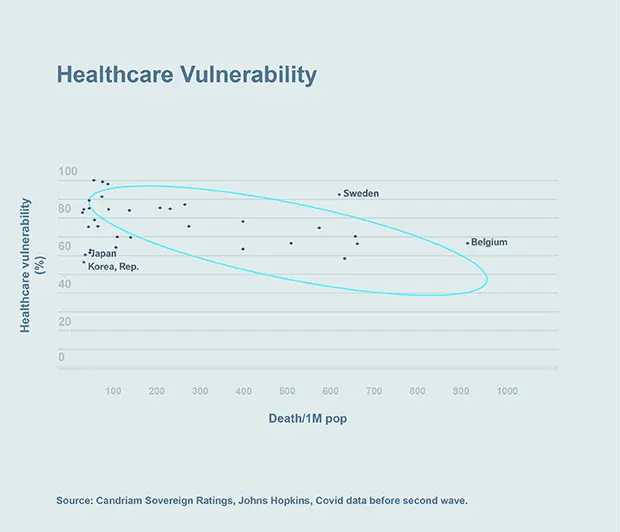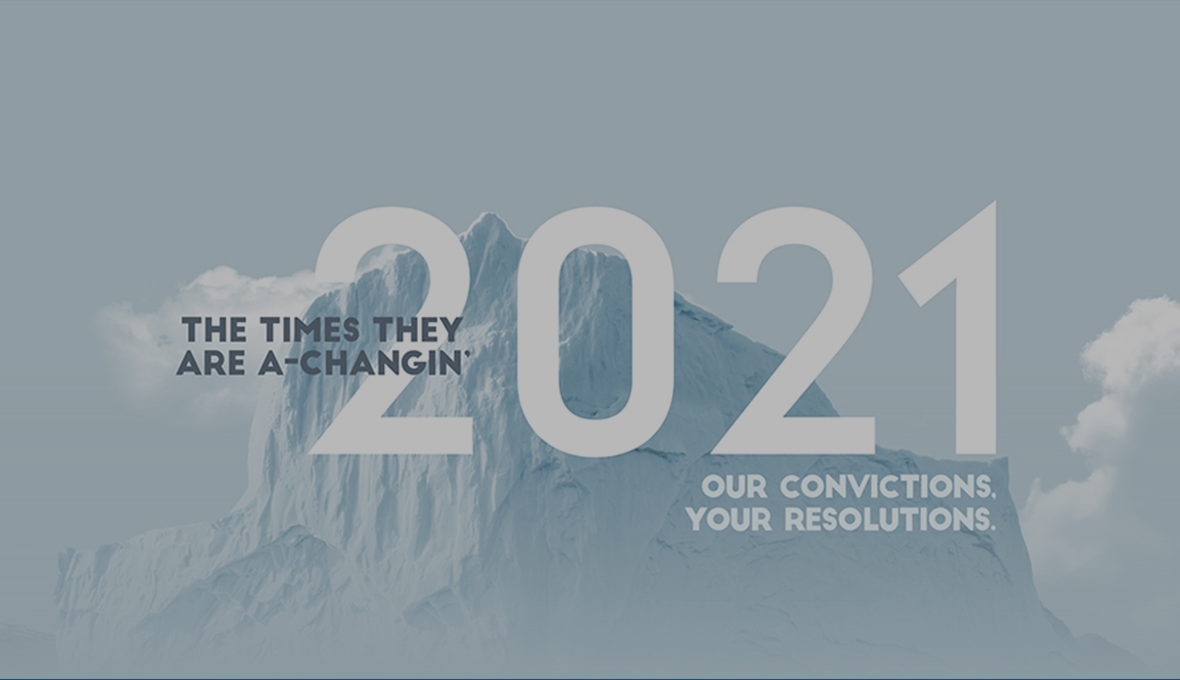Is ‘Pandemic’ Singular, or Plural?
Vaccine trials look promising, and one can almost see the light at the end of the tunnel. We might even forget that there is quite a bit of tunnel left. This period might be especially rocky, with the second wave of COVID-19 in full swing. The new year is likely to start looking no different than the end of this one – it is always darkest just before the dawn.
The big question is what we do next. Do we just 'price in one, or two, or more! pandemics per decade and move on? G4 and other Central Banks have found a magic money tree, but there is no price for lives lost and the suffering of survivors.
Mind-boggling numbers have been thrown at economies, but food lines still stretch for miles even in the US. Some individuals have made profits in the tens of billions, but little has 'trickled down'. Would it not cost us much less to invest a modest amount of the cost of the next pandemic into projects that would treat the 'disease', rather than just symptoms?
The science is clear; these infectious diseases originate in wild animal populations under severe environmental strain from human activity and disruption. Deforestation and associated land use change are major culprits. To save ourselves, the global community must unite to find other sources of income for the local populations, to enforce protection measures, and to invest in re-forestation. This would also be a cost-effective step to slow climate change, which is the tsunami on the horizon. Change is also needed for populations in the developed world. Globalisation and outsourcing have wreaked havoc in the former industrial regions of the West. The grasping at higher profit margins regardless of human cost is endangering social cohesion, and fuelling populist and extremist movements in the developed nations. Investments in ICU beds and hospitals will never be enough if a significant proportion of the population denies the existence of the pandemic. Unfortunately, extremist ideologies, rejection of pandemic protection measures, and climate change denial go hand-in-hand across the globe.
Rejecting the obvious: the new post-modern pandemic
Active campaigns to spread misinformation, outright denial of science, and in some quarters even a complete rejection of evidence-based reasoning, is the other post-modern pandemic. The two intersect when Covid is politicised, and its impact or even its very existence is questioned. While a spring 2021 vaccine might effectively end the current Covid pandemic, the 'ostrich' epidemic is likely to persist. When the next easily-spread virus arrives, rejection of science could prove to be even more deadly than for Covid. In the meantime, social unrest and instability reverberate through society, fuelled by extremist movements of people left behind socially and economically. Some of these movements deliberately seek to cause the breakdown of social order and even civil war.
A Green Marshal Plan is needed for both developed and developing nations to address both health and social pandemics. The neoclassical economic model has proven unable to deal with either, while the green economy offers many opportunities for both the current and the next generation. Anything else is just kicking the can down the road, a road that is a dead-end street.
Vaccine development, if successful, usually takes about ten years. Now we have three with 90% or better efficacy in just a year. With enough funding and a sense of urgency, things happen. We need to apply the same urgency to combat climate change; deforestation is a place to get serious.
As an investor, we have the conviction that environmental preservation and climate change should be at the cornerstone of any sovereign sustainability framework. We are in this together, there’s no “Planet B”. For a sustainable world, we need sustainable finance.

